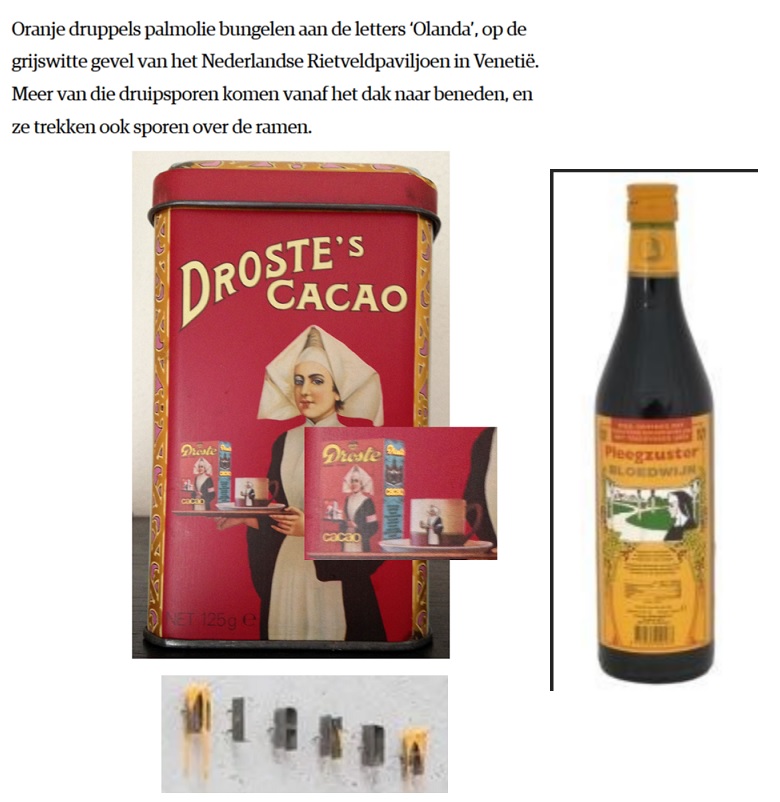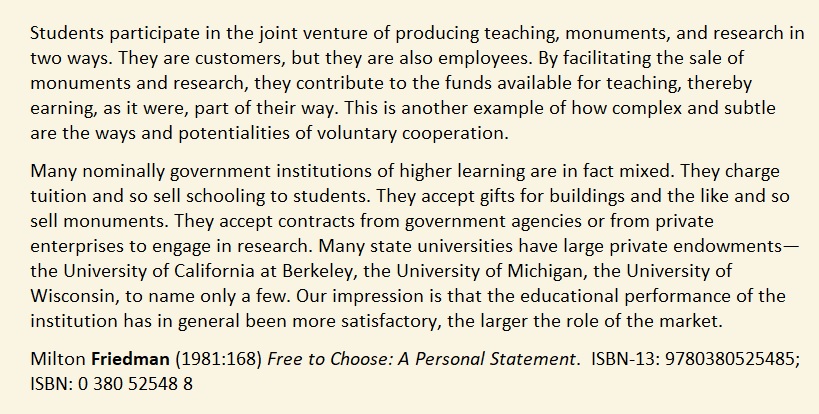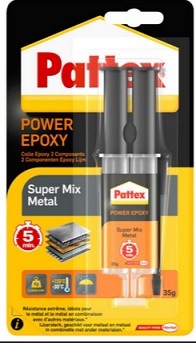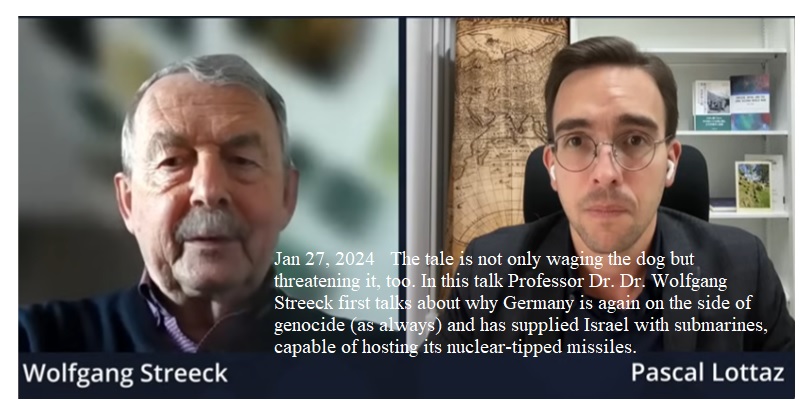* Parkeer *
{[ ‘ The socio-political import of the future lies in it being an irrealis, yet consequential space into which partisans project, contest, and proclaim their images of civilization.
Articulating and advocating for such plans are the province of what Aristotle termed “deliberative rhetoric.” Aristotle’s treatise on classical rhetoric presents a tripartite division of rhetorical genres, each of which corresponds to a specific area of human affairs and temporal orientation. Briefly, each genre of discourse – forensic, epideictic, and deliberative – corresponds to different kind of time – past, present, and future, respectively.
Deliberative, that is, political rhetoric, focuses on future actions, processes, and events that “we have it in our power to set going” and aims to establish the “expediency” or “harmfulness” of a proposed course of action .’]}
*
‘”O, maar dat de Russen misschien een nieuwe ‘Goelag’ bouwen, is erg aannemelijk, net zoals de Amerikanen, Israeli en wij dat doen. Denk bijvoorbeeld aan Kamp Vught als een mogelijke dark spot in Nederland.”‘
- ‘” Dat suggereer je omdat je ervan uit denkt te kunnen gaan dat projectie een belangrijk politiek instrument is: wat je zegt ben je zelf. Dus als er wordt beweerd dat de Russen een nieuwe Goelag bouwen, dan gaan jullie ervan uit dat ‘wij’ daar al mee bezg zijn?”‘
‘”Ja. Pure speculatie door extrapolatie en scenario-denken. Je kunt het net zo goed beschouwen als een vorm van des- of misinformatie. Fake news. Het leuke hierbij is te bedenken dat met zo’n bericht wij net zo goed onszelf voor de mal houden, misschien nog meer dan de Russen. Indien wij bezig zijn met het inrichten van dark spots – er moeten veel dwarsdenkers worden ondergebracht – dan zeggen we dat de Russen dat doen.”‘
………………… …………………… ………………………. ………………………
………………… …………………… ………………………. ………………………


















